
Stock Market Stratagem
Loss Control and Portfolio Management Enhancement
Recommendation
Author Braden Glett is bold enough to take on not only efficient market theory and index funds, but also the investment approaches advocated by such luminaries as Peter Lynch, Warren Buffett, John Bogle and their ilk. Although Glett does not name these names, he finds plenty to disagree with in almost every popular or conventionally recommended investing strategy. That makes this book provocative and interesting. It’s always good to see conventional wisdom shaken. However, the author writes in a very difficult style, and his message hits various grammatical and logical road blocks due to a shaky editing job. With that caveat, getAbstract.com believes that investors and traders may want to check this short book, as long as they take the author’s recommendations as opinion - he offers little in the way of solid research to back his contentions, but he raises some potentially useful doubts.
Summary
About the Author
Braden Glett is the founder of Business Diagnosis & Improvement, a consulting firm specializing in general management and profitability improvement for manufacturing-based businesses.








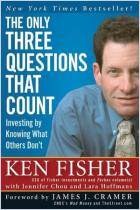
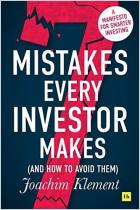
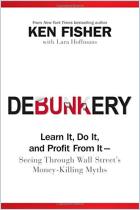
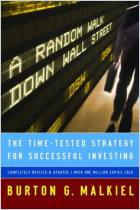
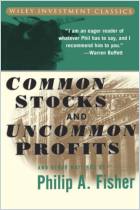
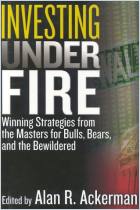


Comment on this summary or 开始讨论